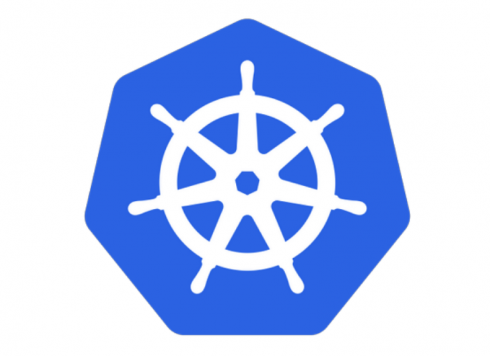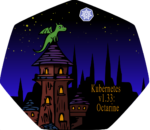
Following its graduation from the Cloud Native Computing Foundation (CNCF), the CNCF has announced the release of Kubernetes 1.10. The release focuses on three areas: storage, security and networking.
“As the Kubernetes community has grown, our release process represents an amazing demonstration of collaboration in open source software development. Kubernetes continues to gain new users at a rapid clip. This growth creates a positive feedback cycle where more contributors commit code creating a more vibrant ecosystem,” the foundation wrote in a post.
Featured in version 1.10 is the beta of the Container Storage Interface (CSI), which will enable “third-party storage providers to develop solutions outside of the core Kubernetes codebase.” By creating plugins separate from the core codebase, it is easier to install them to clusters, according to Google, a major contributor of Kubernetes. .
“Ultimately this will give Kubernetes and Kubernetes Engine users more options for the storage that backs their stateful containerized workloads,” said Saad Ali, chair of SIG-Storage at Google.
Another feature moving to beta is Device Plugins, which will allow device vendors to advertise resources to the kubelet without changing the core Kubernetes code. Google explained this will be useful when trying to connect GPUs to Kubernetes and Kubernetes Engine support for GPUs is built on this framework.
Additionally, this release brings new ways to extend the Kubernetes API, such as with API Aggregation, which powers ecosystem extensions like the Service Catalog and Metrics Service. It enables independent API server binaries to be hosted through the Kubernetes master, and have the same authorization, authentication, and security configurations.
“We’re working to provide a complete extensibility solution, which involves getting both CRDs and admission control webhooks to GA by the end of the year,” added Daniel Smith, co-chair of SIG API Machinery at Google.
Version 1.10 will also feature the ability to configure DNS resolvers on a per-pod basis and use Kubernetes to run Spark workloads. The latest release is expected to roll out to alpha clusters on Kubernetes next month.
Going forward, Google will work to grow the Kubernetes community through mentorships and educational programs. “At Google we believe growing a vibrant community helps deliver a platform that’s open and portable, so users benefit by being able to run their workloads consistently anywhere they want,” Craig Box, cloud native advocacy lead for Google, wrote in a post.








